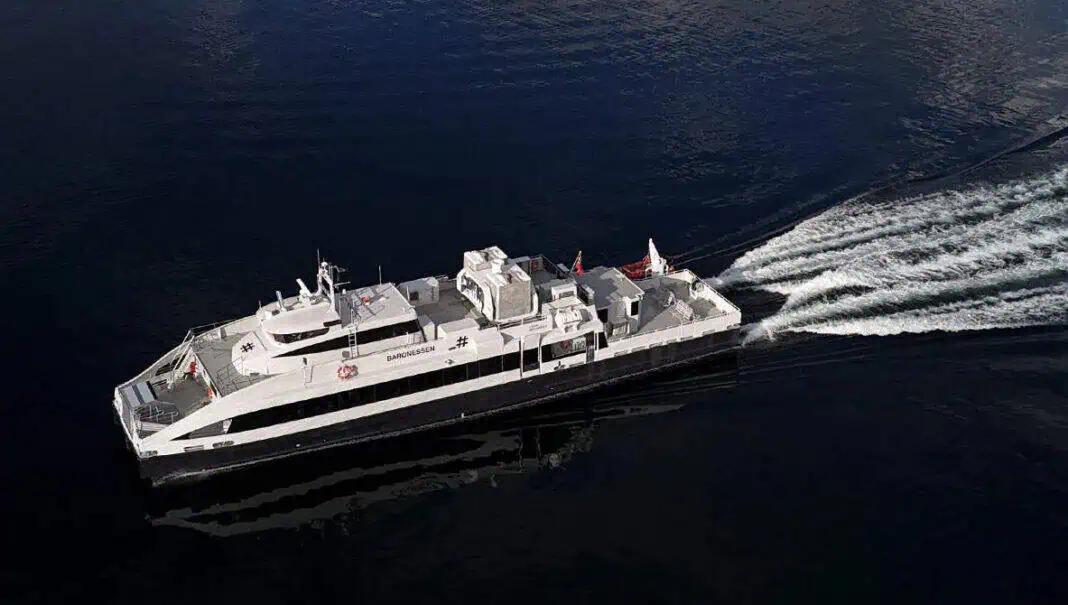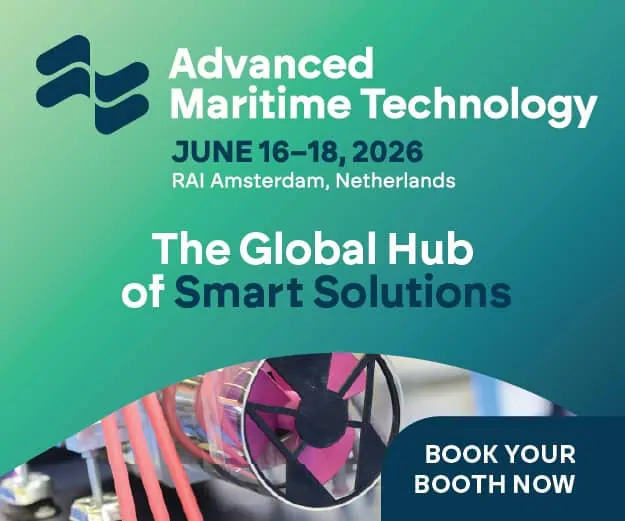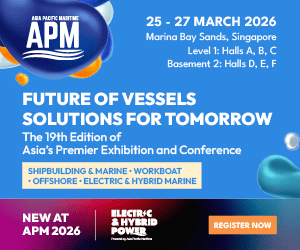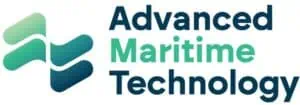The MS Baronessen, a high-speed passenger ferry, has been successfully converted to battery-electric operation, marking a significant milestone in the collaboration between Ruter and Norled to create a more sustainable and comfortable travel experience. At the same time, the vessel has been upgraded. The conversion, completed at the Brødrene Aa shipyard in Eikefjord, is the first of two sister vessels to undergo the transformation, with MS Baronen currently being refitted as well.
During the autumn and winter, the new vessels will be scheduled for hybrid operation. The next step is to use battery replacement robots that enable the boats to run on batteries all the time.
The electrification of Ruter’s fast boats will provide an annual CO2 saving of 2,600 tonnes.
“We have already put electric ferries and island boats into operation. Now it’s the fast ferries turn. This is demanding, but also important, because diesel-powered fast boats are the form of transport with the largest CO2 footprint per passenger kilometre”, says Ole Jakob Aanes, area manager at Ruter.
MS Baronessen will probably be deployed on line B11 between Nesodden and Lysaker within a few weeks. Before it is put on the regular route, the ferry will be tested on the route and the public will be able to see it sail during the test period. The Baron will be delivered over the New Year. The vessel will return to route on route B20 between Slemmestad Brygge/Vollen and Aker Brygge. Last year, just over 250,000 passengers travelled with the B11, while there were approx. 160,000 passengers on the B20.
“Until now, the offer is sailed with replacement ferries, but we are undoubtedly looking forward to offering our customers a modern and upgraded journey with the Baron and the Baroness,” says Ole Jakob Aanes.
In addition to facilitating battery operation, both hulls have been extended by around 10 meters and have become more energy efficient, with better buoyancy and less resistance.
The boats have also received a solid upgrade to the conditions for the travellers, with new furnishings and windows. Both ferries have been significantly upgraded internally with a better universal design. Among other things, there is better space for wheelchair users, wider gangways and lower thresholds.
The MS Baronen has room for 250 passengers and the MS Baronessen 180. There is also plenty of space for bicycles, with bicycle racks for 18 bicycles on the Baron and Baroness for 20.
“The ferries have unfortunately been somewhat delayed from the shipyard, partly due to capacity problems and component shortages and partly due to time-consuming innovative solutions on board. Now they are finally coming back, with innovative technology and significant upgrades that benefit passengers. We look forward to welcoming everyone on board and hope people will take a look around and appreciate what we perceive to be very nice ferries,” says Bjørn Egil Søndenå, Head of Express boat / Fast Ferries, Norled.
From hybrid to battery
The fast ferries have been converted to sail battery-electrically. The Baron will have three battery packs on deck, while the MS Baronessen will have two. During the minutes the boats are docked, the batteries must be changed using the battery changing robot SHIFTR. The first robots are now undergoing testing and are expected to be delivered during the first and second quarter of 2025.
Until the battery robots are installed, operation will be based on a combination of battery and diesel operation, or pure diesel operation
“The high speed ferries of the future must be emission-free. At the same time, they must be able to achieve sufficient speed, and they have such a short dwell time that it is not practically possible to fully charge the batteries from land. Quick battery changes with SHIFTR are our answer to this challenge,” says managing director Heidi Wolden at Norled.
About SHIFTR
The SHIFTR robot is the first of its kind in the world. It has a crane that lifts batteries in and out of the ferries in minutes as the passages go on and off. On land, the batteries are placed in a magazine for charging. This means that charging can take place gradually over time. Everything is automated, and the robot is designed to withstand rough conditions, including wind, sea conditions and tides. Work on the robot has been ongoing since 2021. The SHIFTR venture is placed in a subsidiary of Norled.













